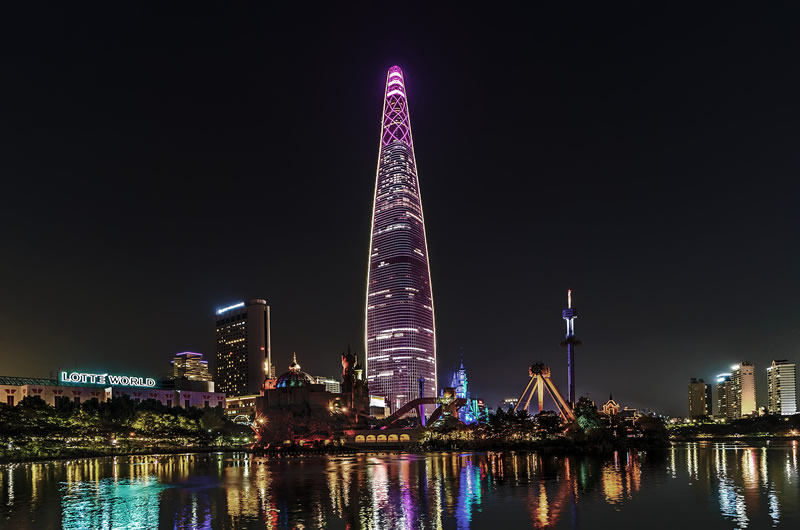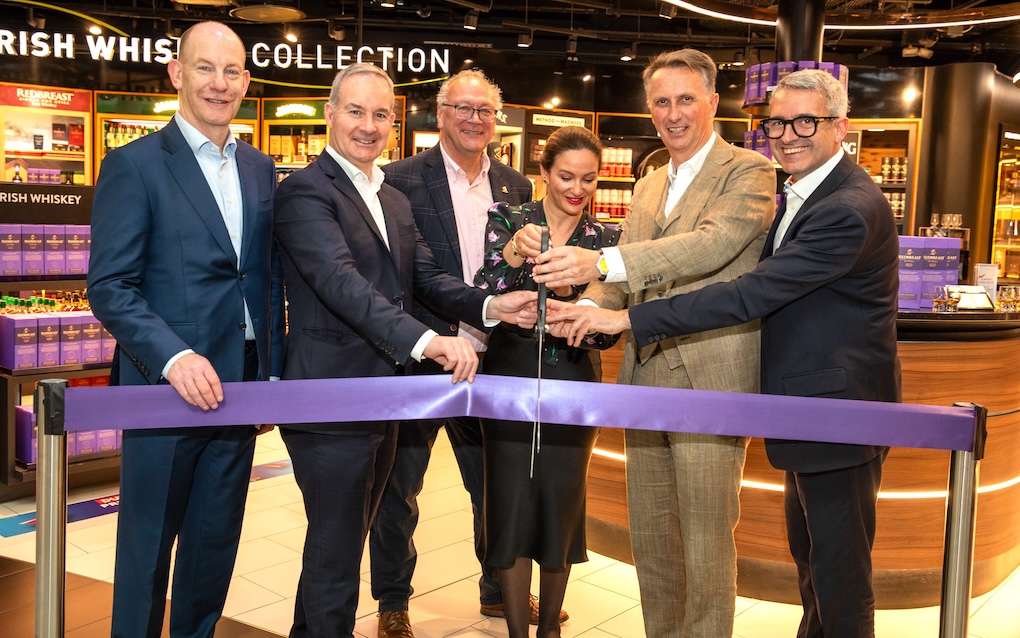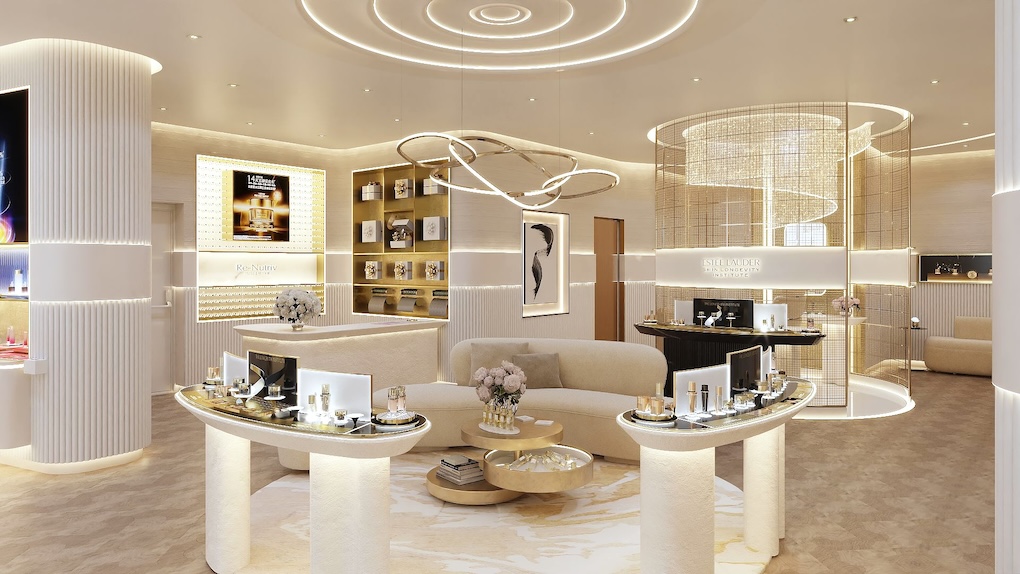SOUTH KOREA. Duty free sales in South Korea grew +28.2% year-on-year to KRW2,187.3 billion (US$1,844 million) in October 2019, as sales to foreign shoppers continued to offset declining sales to Koreans, writes The Moodie Davitt Report Senior Retail and Commercial Analyst Min Yong Jung.
Sales to foreigners (+36.5% year on year at US$1,570.2 million) were the driving force for the market, with sales to Koreans slipping -5% year-on-year to US$273.9 million.
The Moodie Davitt Business Intelligence Unit estimates around 48% of the Korea duty free market is dependent on resellers

Korea’s duty free market has witnessed an unprecedented consolidation of daigou traders, which has resulted in sales to foreigners growing +21.8% year-on-year in the first ten months of 2019.
There are very few signs to suggest sales to foreigners in general and daigou in particular will slow, but industry participants remain wary of the possible strengthening of regulations by Chinese authorities. The Moodie Davitt Business Intelligence Unit estimates around 48% of the Korea duty free market is dependent on resellers.

While October’s sales trajectory should continue to dispel initial fears surrounding the China ecommerce law introduced on 1 January, industry participants are wary concerning the recovery of Chinese package tourism to Korea.
According to Korean media, China and South Korea are working to see the return of Chinese Foreign Minister Wang Yi to South Korea in early December. Wang’s visit could finally see the start of the official stabilising of relations between the two countries. Minister Wang’s previous visit to South Korea was in March 2015, prior to the implementation of the THAAD anti-missile defence system and the subseqeunt deterioration of relations between both countries. It remains to be seen if the visit will materialise as previous attempts to see Minister Wang visit Korea have been fruitless.
While foreigners remain the dominant force in the market, sales to South Koreans continue to deteriorate because of pessimistic consumer sentiment and the campaign to boycott Japanese products. The substitute for travelling to Japan is primarily domestic travel.

Duty free sales to Koreans decreased by -5% year-on-year in October with customer traffic still declining (-9.1% year-on-year) but ASP (+4.5%) strengthened.

The deterioration in the number of purchasing Korean customers in airports (-17.6%) is particularly alarming; promotions aimed towards driving spend in downtown to drive up purchase prior to travel have led to a decrease in impulse spending at airports.

Foreign shoppers have been trading up to higher ASP products throughout the year as daigou resellers look to maximise the total value of products purchased in one journey from Korea to China. A bag full of smaller-sized and higher ASP La Mer or Dior Beauty, for example, is more lucrative versus, say, lower-priced Dr.Jart+.

As a result, luxury foreign brands have gained market share at the expense of local brands that are more focused on larger skincare products. The market in China has also seen the demand for luxury make-up increase, while local Chinese brands have gained in the lower-priced skincare category.
In our list of the top ten grossing brands in Korea’s duty free market, Dior Beauty gained nine places to rank eighth in 2019 with La Mer and MAC both increasing five places. While three local brands (Whoo, Sulwhasoo and Dr.Jart+) were in the top ten for 2018, only two local brands (Whoo and Sulwhasoo) make the cut in 2019.

Sulwhasoo has fallen from its number one ranking in 2015 and 2016 to rank third in 2019, but renewed efforts to launch a higher-priced luxury line-up in 2020 may see the brand regain some vigour.

Korean brands are becoming faster at launching new stores and products in the China local market, providing daigou with less incentive to purchase at Korean duty free. Dr.Jart+’s sales during China Singles Day (11 November) increased +295% year-on-year, according to Alibaba, making the brand less relevant to daigou, who look to purchase products that are difficult to buy in China.
While Whoo maintains top place again this year, the gap between it and Estée Lauder has closed and some market participants expect a foreign brand may soon regain the number one position in Korea’s duty free market. Prior to Sulwhasoo’s emergence as a blockbuster brand in 2014, Louis Vuitton was the top grossing brand in Korea’s duty free market for several years.












